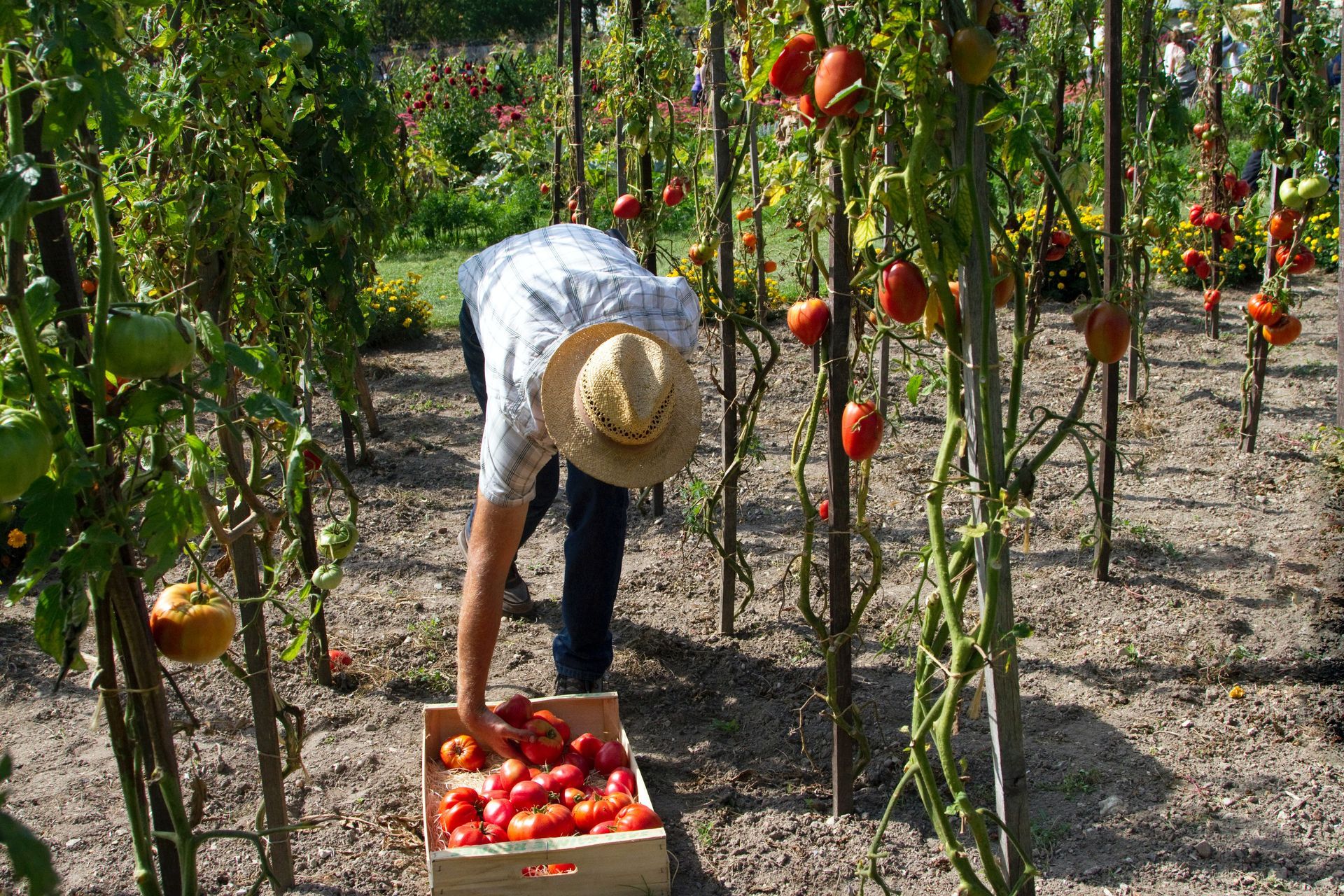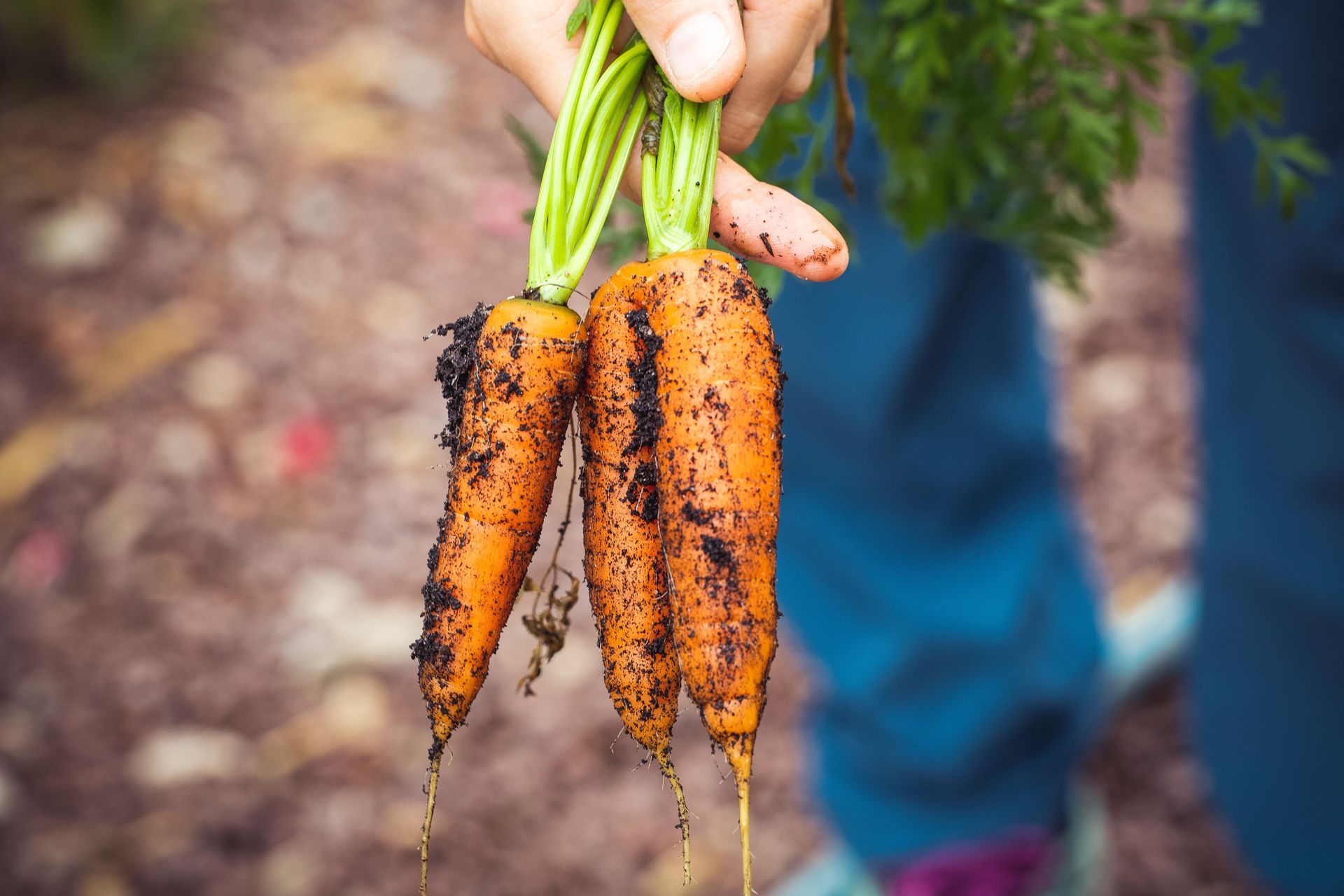The impact of climate change on agriculture in India
Climate and agriculture work together. Even the slightest temperature change can significantly affect agriculture. India’s agriculture is already experiencing a major impact from climate change, and this impact is only expected to get worse in the future. Due to its large agricultural sector and dependency on monsoon rains, India is particularly susceptible to the effects of climate change.
Here are a few ways that India’s farmland is being impacted by climate change.
1. Change in rainfall patterns
The frequency, length, and intensity of the monsoon rains are crucial for India’s agriculture. As a result of agriculture, they are changing, which has resulted in more floods and droughts in recent years. This will affect crops and lead to lower yields.
2. Temperature rise
Another effect of climate change is a rise in temperature, which can cause extreme stress on crops and lower yields. This is particularly true for crops like rice and wheat, which are very susceptible to temperature changes.
3. Soil deterioration
Soil degradation is also a result of climate change, which can lower the soil’s fertility and make it more challenging to produce crops. This is especially problematic in areas where there is already soil deterioration and a water shortage.
4. Rise in diseases and pests
Pests and diseases are becoming more prevalent because of climate change, which can harm harvest and lower yields. This is because warmer temperatures and shifting rainfall patterns produce environments that are more favourable to the growth of pests and diseases.
5. Food security
Climate change is expected to result in a rise in the number of hungry people in India. This is due to the possibility that variations in temperature, rain patterns, and the presence of pests and diseases will result in lower yields and higher food prices, which can make it difficult for people to get food.
Climate change has already started affecting agriculture, and its effects will only worsen in the coming decades. To reduce this, farmers have to start following sustainable agricultural practices such as organic farming, improved irrigation, and conservation agriculture. They will improve soil health, conserve water, and prevent the use of synthetic chemicals. In addition to that, the government needs to start implementing policies that promote sustainable agricultural practices. In this way, India can protect its food supply and take part in international efforts to address the climate crisis.
#sustainableagriculture #soil #agriculture #sustainablefarming #sustainability#farmlife #farming #sustainable #organic #farmersmarket #organicfarming#soilhealth #soilfertilizer #farmer #rice #ecofriendly #agriculturelife#vrikshaagro #agroinputs #food


